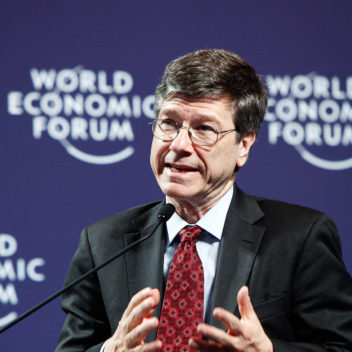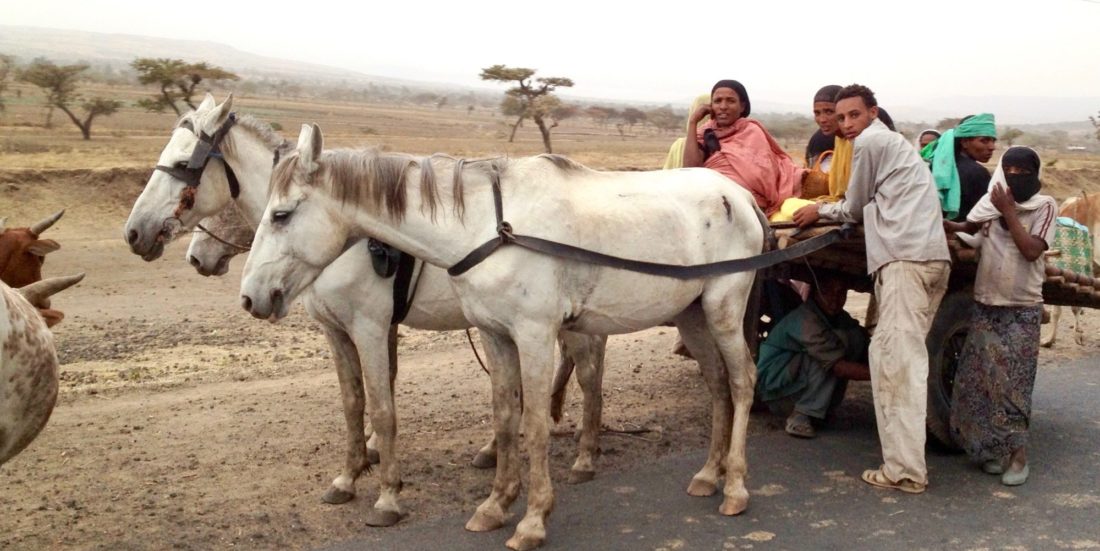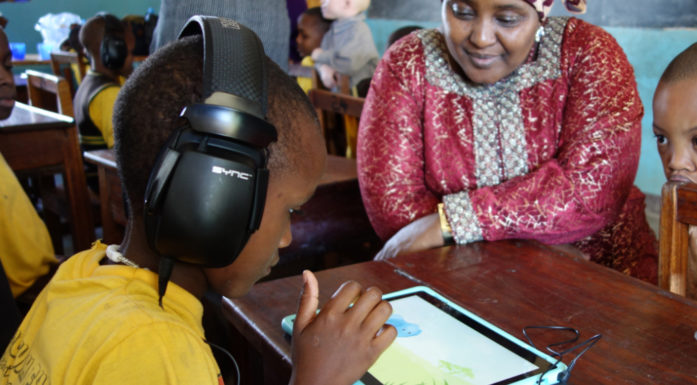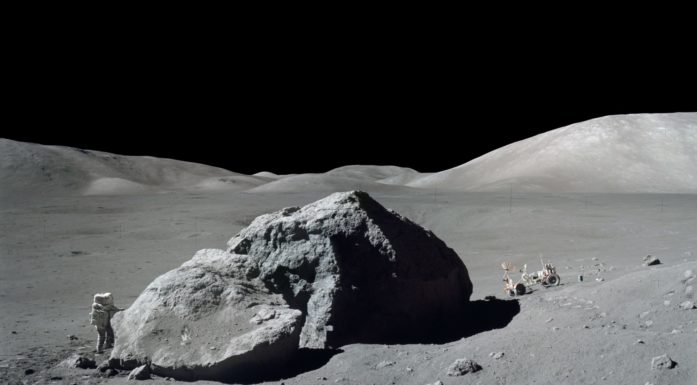Eradicating extreme poverty
When Jeffrey D. Sachs (62) comes to Norway in June for the Starmus science festival, attendees will need to fasten their seat belts. The economics professor is described as a “battering ram” and a “bully,” who is ploughing his way to a tough goal: the global eradication of extreme poverty.
Six out of ten of the upcoming lectures at the Starmus Science Festival are on topics other than outer space. With the move from Tenerife to Norway, the Festival is expanding – in terms of audience, speakers and topics.
A lecture by the American economist Jeffrey Sachs reflects the Festival’s strong focus on social ideas that contribute to understanding global issues like climate change and distribution of goods.
“The most important economist in the world”
The New York Times has called him “probably the most important economist in the world.” Since becoming a full professor at Harvard University at the age of 28, he has embarked on a remarkable career and extraordinary social engagement.
In his early years, his professional and analytical strengths brought him renown. The nickname “Dr. Shock ” stuck after he prescribed economic shock therapy to save the disintegrating economies in Bolivia (1983), Poland (1989), and then Mongolia and Slovenia.

Jeffrey Sachs is Director of the Center for Sustainable Development at The Earth Institute, Columbia University. He is known for his work to eradicate poverty, and has been an adviser to the World Bank, the Organization for Economic Cooperation and Development, the World Health Organization, the International Monetary Fund, and the United Nations Development Program. Photo: Starmus
The therapy was so successful that the Russian government asked for help, too. However, attempts with the giant in the east came to naught. Russia’s failure to transition to a well-functioning capitalist system was a blot for Sachs and his team from Harvard.
However, a few years later he found a new field to which he could apply his competence and capacity: fighting poverty in the world’s developing countries.
Economic experiment to save lives
Since the mid-1990s, Sachs has tackled poverty problems from the perspective of an economics professor. With intense dedication, he built up his expertise and knowledge of the relationship between economics and politics, sustainable development, climate change and global health issues, and became one of the world’s leading experts in economic development, global macroeconomics and the fight against poverty. On top of this, his repertoire of ways to communicate his ideas is nothing short of phenomenal.
He was behind the World Health Organization’s report Macroeconomics and Health: Investments in Health for Economic Development that came out in 2001. Some people may remember the 2005 documentary film The Diary of Angelina Jolie and Dr. Jeffrey Sachs in Africa. Others may have noted that he is a senior UN advisor, and was Secretary General Ban Ki-moon’s Special Advisor on Sustainable Development.
![A small town in rural Kenya, near the Tanzanian border. Economist Jeffrey Sachs described the problems of poverty in villages like these in this way: "Millions of people die every year for the stupid reason [that] they are too poor to stay alive." Photo: Colourbox](https://norwegianscitechnews.com/wp-content/uploads/2017/05/colourbox3906913-352x215.jpg)
A small town in rural Kenya, near the Tanzanian border. Economist Jeffrey Sachs described the problems of poverty in villages like these in this way: “Millions of people die every year for the stupid reason [that] they are too poor to stay alive.” Photo: Colourbox
Sachs also started an economic experiment called Millennium Villages in 2004. His theory is that poor societies – given moderate and targeted financial support – can lift themselves out of extreme poverty. He started with 14 sites in 10 African countries, initially allocating US$ 120 per person for five years. This money was spent on fertilizers and high-yield seeds, clean water, basic healthcare and education, and mosquito bed nets.
“Millions of people die every year for the stupid reason [that] they are too poor to stay alive,” Sachs told the UN General Assembly. He has calculated that no one has to die of poverty if the poorer part of the world gained access to less than one per cent of the rich world’s income.
Read around the world
Norway is one of 125 countries that Sachs has visited. The economics professor is a man on the go, with lectures, meetings, advising, and project follow-ups. Somewhere in his working day he finds time for teaching and — not least — writing.
In total, he has published five books: The End of Poverty (2005), Common Wealth: Economics for a Crowded Planet (2008), The Price of Civilization (2011), To Move the World: JFK’s Quest for Peace (2013) and The Age of Sustainable Development (2015).
Sachs is also a regular columnist in the Project Syndicate, an independent website that publishes commentaries from the world’s leading politicians, legislators, business leaders, activists and scientists. More than 450 editors in some 150 countries make use of this access to analyses of economic, political, technological, cultural and health-related issues. Through Syndicate, Sachs’ texts are published monthly around the world.
The very worst problem
During his Starmus presentation, Sachs will talk about how people in the United States are fighting to make it possible for average citizens to distinguish fact from fiction, an made harder by the “alternative facts” that have emerged as a confusing element.
Few people, if any, have done more than Sachs to move the issue of global poverty into the mainstream conversation in recent times.
He forces industrialized countries to think about and evaluate the notion that with strong enough attention, solid will and enough money, extreme poverty can be eradicated. At the same time, he acknowledges that there will be hurdles that can throw us off course. The climate situation is probably the one with the greatest consequences.
In the award-winning podcast, “Conversations with Tyler,” Sachs describes his views on climate change:
“[I]n my now 43 years of thinking about economics… [climate change] is the most complicated mess that I can imagine. It’s got every attribute of just a terrible, terrible problem. It’s global, it’s long-term, it’s uncertain. It’s got vested interests, it’s got hugely unequal payoffs, it’s got everything wrong with it as a problem.”
Despite all the obstacles, Sachs is determined that “we can solve this problem. There is a way to do it.”





